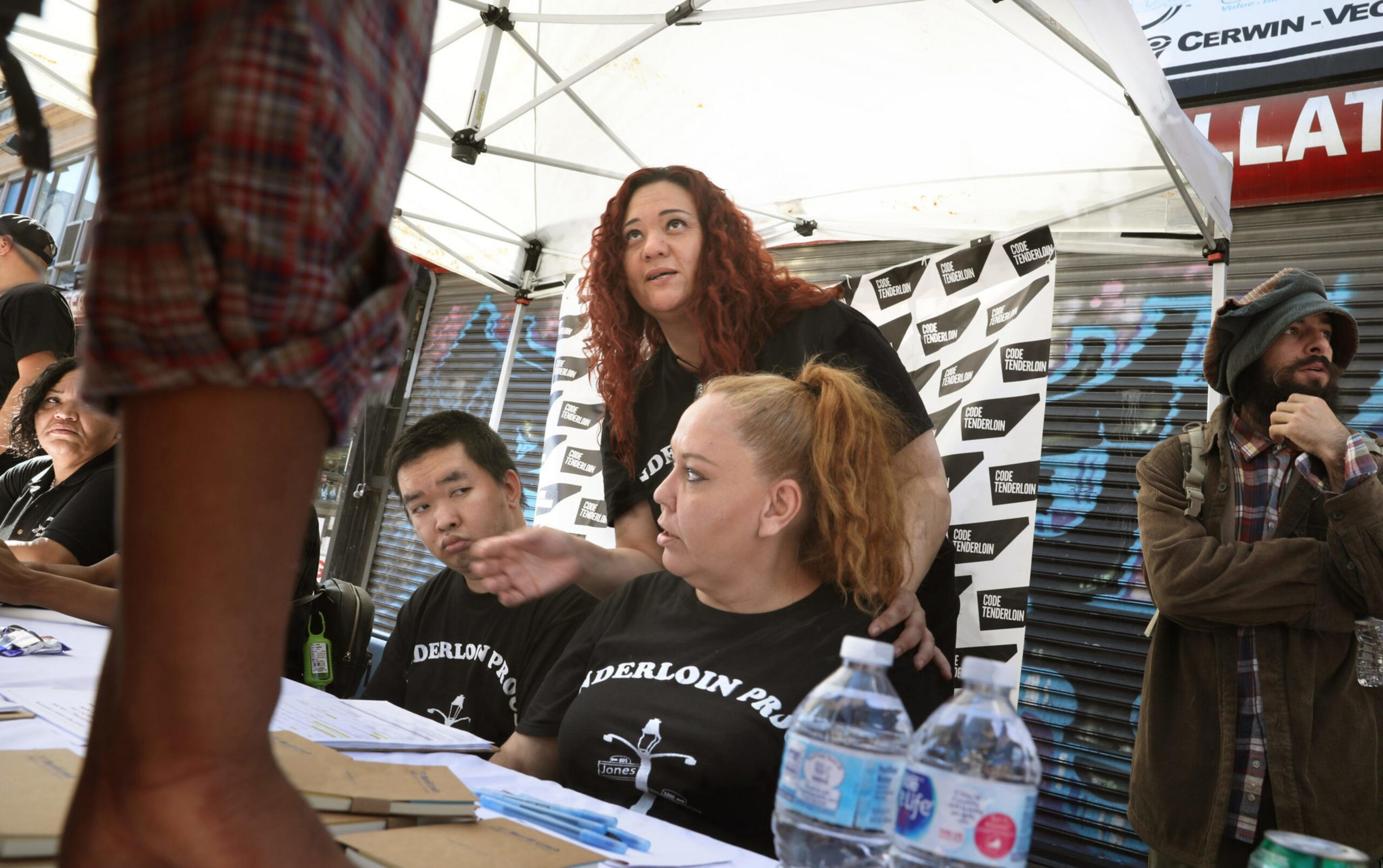The short, but troubled history of Twitter under Elon Musk’s ownership has included mass layoffs, mass resignations and an uneasy feeling that the social media platform is teetering on the edge of collapse.
But it’s also had real impacts on local nonprofit organizations that have relied on the company for charitable help and programming.
The “Twitter for Good” profile—which shared the work of a Twitter team responsible for supporting the company’s nonprofit partners—hasn’t posted since Nov. 2, days after Musk took over the company. Its last post highlighted the work that Oakland-based nonprofit BridgeGood is doing to help underrepresented groups enter the tech industry.
In fact, BridgeGood had a pre-scheduled meeting set for Nov. 18 (one of the company’s regular Twitter for Good volunteer days) to bring in its cohort of students into company headquarters in San Francisco to see what it is like to work at a major tech firm.

A couple of weeks ago, however, BridgeGood executive director Shaun Tai said he received an email from Erica Nunez, the Bay Area lead for Twitter for Good, saying the meeting was off. Nunez later tweeted (opens in new tab) on Nov. 14 that she was leaving the company.
“I know for us it was scary because our partnership is not one month or one year or even five years,” Tai said.
Instead of the educational opportunity, the social media company is hosting a different kind of meeting today. Days after posting an ultimatum that remaining employees get “hardcore” or resign, Musk called a meeting of the company’s remaining engineering talent at its Mid-Market offices on Friday. About 1,200 employees resigned after Musk’s ultimatum, according to The New York Times.
Karl Robillard, who joined Twitter back in 2018 as its head of social impact, took to the platform earlier this month (opens in new tab) to announce his departure, along with that of other members of the Twitter for Good team.
Tai said he often pointed to Twitter when asked for an example of a good corporate citizen.
BridgeGood began working with Twitter back in 2013, and Twitter employees made up some early board members of the nonprofit. They allowed the organization—then known as Oakland Digital—to use company facilities.
In fact, the first lines of code for BridgeGood.com’s code were written out of the antique log cabins that were a hallmark (opens in new tab) of Twitter’s Mid-Market offices. Each year for most of the past decade, BridgeGood held a handful of events in partnership with Twitter helping to expose its students to the latest in user experience expertise and product design. Those volunteer activities were later supplemented by cash grants, which helped support the nonprofit’s budget.
“It absolutely hurts us with regards to board memberships, ongoing programs, thought leadership, working out of the space, site visits, workshops, monetary grants. That’s a lot,” Tai said. “I was just talking to our bookkeeper about it, and he said that’s going to hurt us financially.”
Tai also highlighted the role Twitter’s platform had in helping all kinds of organizations expand their outreach and fundraising efforts.
KQED reported on the company’s cancellation (opens in new tab) of a $10,000 donation meant to support the nonprofit Swords to Plowshares (opens in new tab), which is focused on providing housing and workforce development services to veterans. The note to the nonprofit laid out an “indefinite pause” to its charitable giving.

Donna Hilliard, the executive director of Code Tenderloin, which helps provide job readiness and technical training, said the organization is scrambling to figure out how to respond to what looks like a looming gap in its funding stream. The organization’s single biggest grant has come from the #StartSmall initiative bankrolled by former Twitter CEO Jack Dorsey.
“The impact of that loss is huge, we support 10,000 people a year and 500 a day, many who are unserved or unhoused and we provide them everything from a shower to clean clothing to a meal to a job,” Hilliard said. “We’re scared that without the proper funding, the effect will be devastating for the community in the Tenderloin.”
But it’s not just dollars and cents. Much of the organization’s programs rely on volunteers from companies like Twitter, many of whom were laid off over the past few weeks. Monthly visits to the company headquarters, as well as resume reviews and HR team talks have also been called off.
“Of course, we were hoping to get more donations from Twitter, but since all the change has happened, we’re not sure,” Hilliard said. “We’re praying.”
Even up to the end, Tai said Twitter for Good’s team was attending events meant to support the organization. While his contacts with the company have been laid off or resigned, Tai said he’s “not going to wait and assume anything.”
He plans to directly tweet at the company’s new owner with a request to be part of a leadership council to help build a new division that can again support the local nonprofit ecosystem.
“It would be a mistake for Elon to not continue a community arm of Twitter,” Tai said. “And I want to be part of the solution.”
